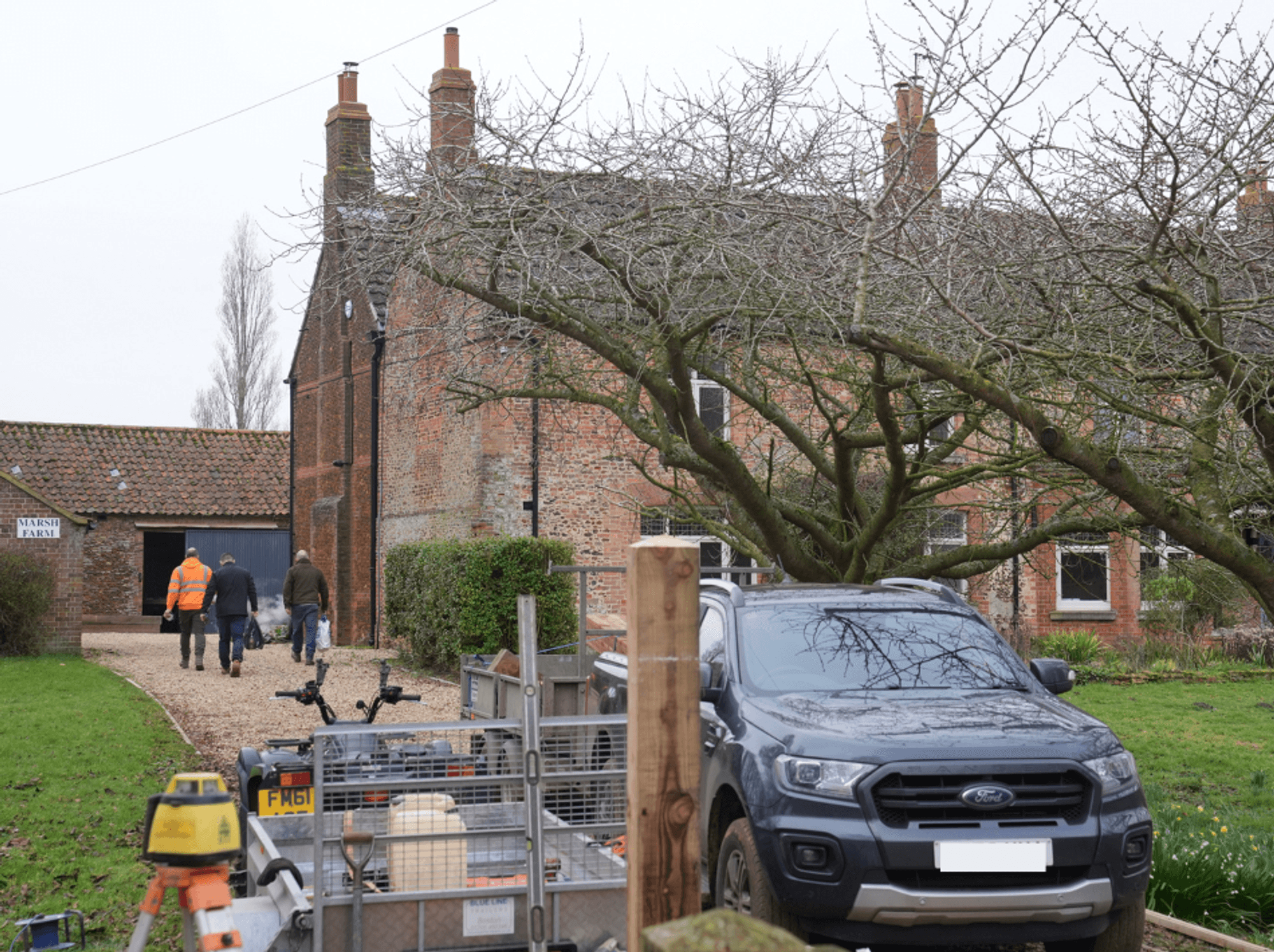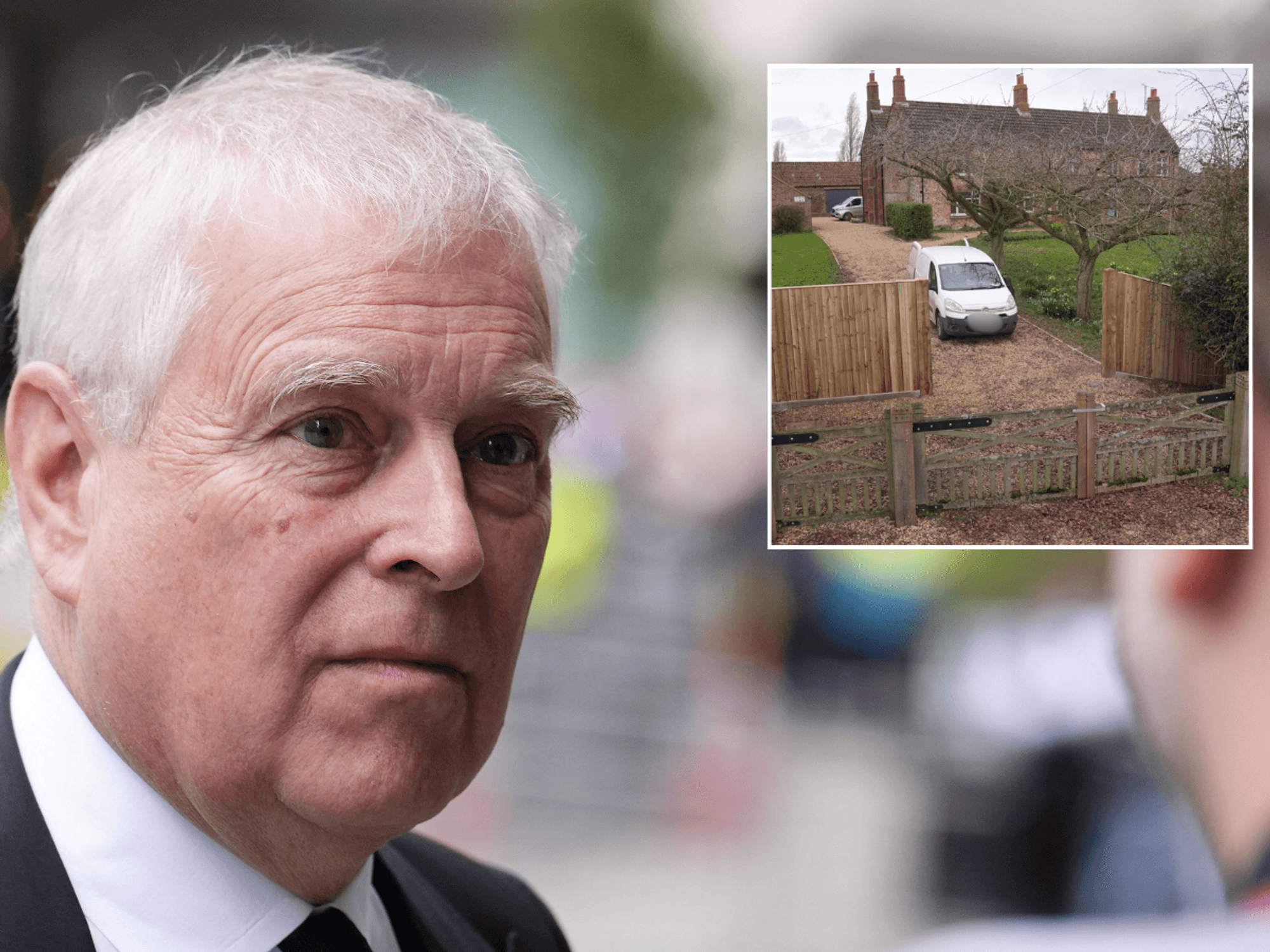Urgent warning as data reveals 285 per cent surge in drinking water alerts with parasites detected
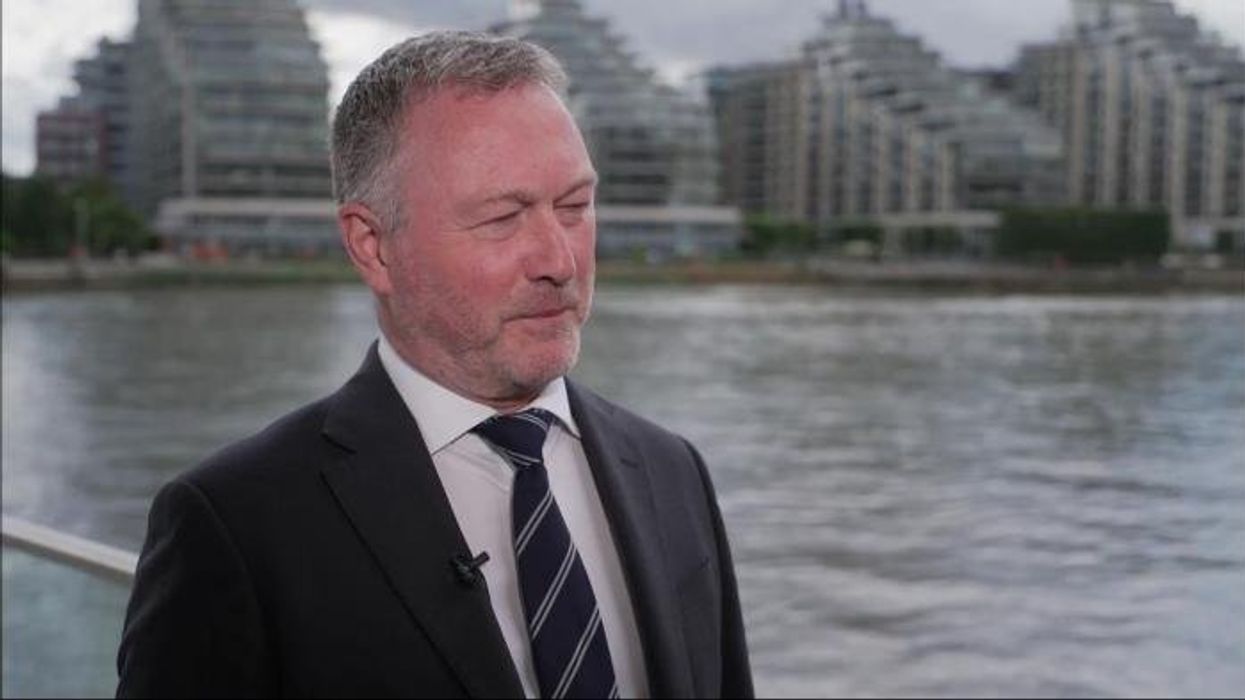
Katherine Forster GRILLS Steve Reed over sewage crisis: 'When will the British public see any real change?' |
GB NEWS
Tap water is repeatedly polluted by chemicals linked to cancer
Don't Miss
Most Read
Drinking water contamination alerts in Britain have soared by almost 300 percent in just five years, with tap water repeatedly polluted by chemicals linked to cancer, dangerous bacteria and even parasites.
Freedom of Information (FOI) requests submitted to the Drinking Water Inspectorate (DWI) uncovered 379 drinking water notices since 2020, exposing a dramatic rise in incidents involving PFAS “forever chemicals”, nitrates, E. coli, coliforms and the parasite cryptosporidium across Britain’s water network.
The data shows drinking water notices rose from 34 in 2020 to 131 in 2024 – a 285 per cent increase linked to microbial breaches and chemical pollution. In total, 379 drinking water notices have been recorded since 2020.
Figures also show 2025 is already on track to be even worse, with 93 notices issued so far – higher than the total number for both 2022 (42) and 2023 (43) combined.
TRENDING
Stories
Videos
Your Say
Experts say the sudden spike should ring alarm bells for the government and regulators. Professor Nick Voulvoulis, an environmental technology expert at Imperial College London, warned: "Many of the contaminants involved, from nitrates to PFAS, reflect long-standing pressures on our water environment that current treatment systems were never designed to handle. PFAS, the so-called ‘forever chemicals’, persist in soil and water for decades and build up in the human body, with links to cancers, thyroid disease, and weakened immune response. The UK still relies on advisory guidance rather than legally binding limits for PFAS, leaving a major regulatory gap."
A major driver of the contamination alerts was linked to microbial breaches. In one of the most serious incidents, a damaged air valve allowed cryptosporidium – a parasite that causes severe diarrhoea – to enter a reservoir serving thousands of homes.
More than 17,000 households were left without safe water and many people fell ill.
Water suppliers also issued notices after detecting E. coli and coliform bacteria, both of which can cause serious stomach problems.
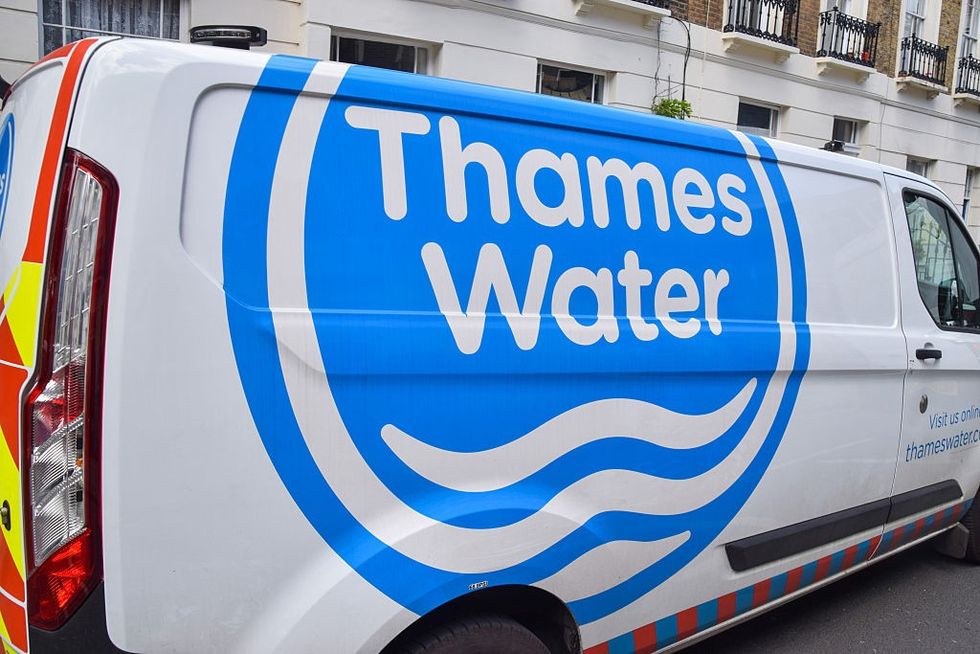
Thames Water said there were no deficiencies in its treatment processes
| GETTYAdditionally, there were rising alerts concerning PFAS, a group of industrial chemicals branded “forever chemicals” because they do not break down in nature or inside the human body.
PFAS exposure has been linked to kidney and testicular cancers, thyroid disease, weakened immune response and hormonal disruption.
Other alerts were linked to nitrate pollution, a chemical associated with agricultural run-off and linked by scientists to an increased risk of certain cancers.
High nitrate levels triggered repeated notices and forced water companies to carry out emergency measures, including blending water sources, enhanced monitoring, or removing polluted works from supply.
LATEST DEVELOPMENTS
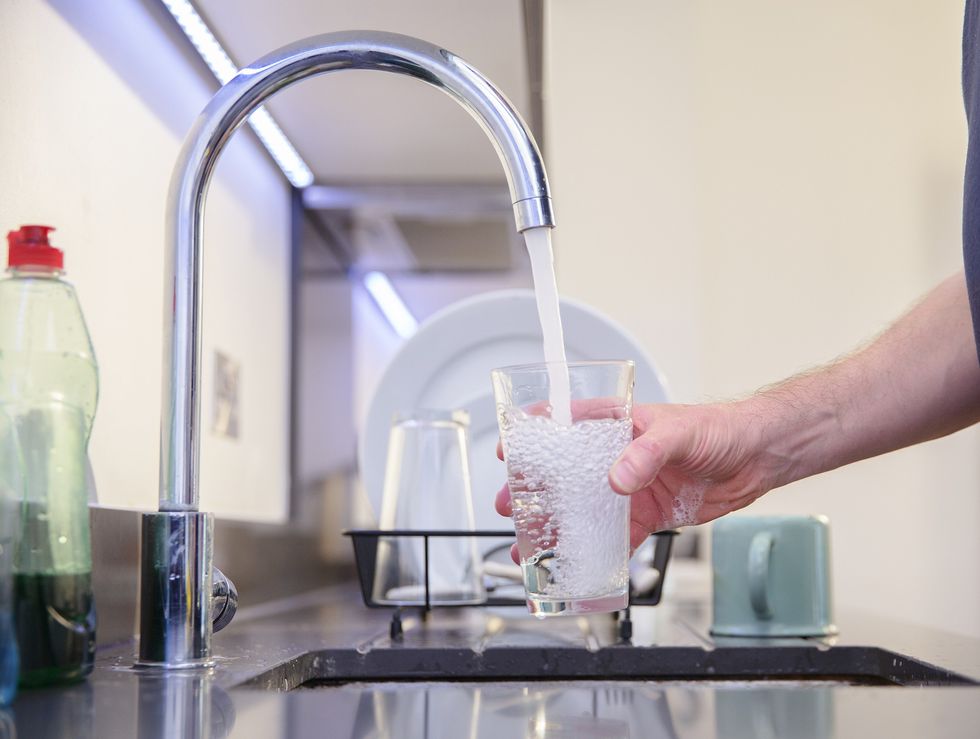
Showers to You commissioned the research
| GETTYExperts say the lack of enforceable limits means suppliers can legally provide water containing levels that would be restricted elsewhere.
Martin Smith, founder of Showers to You, which commissioned the research, said the findings should be a “wake-up call” for suppliers and regulators to protect public health.
He said: “A 285 per cent rise in drinking water notices in five years is deeply concerning. Many people assume UK tap water is always safe, but these figures show that contamination incidents are becoming far more common. From nitrates and PFAS to microbial breaches, the risks are real and growing."
South East Water – one of the suppliers affected – said: “We undertake regular monitoring of our raw water at our treatment works, storage reservoirs and at customer properties. In the rare times nitrate concentrations get close to the regulatory standard, we take action immediately, including enhanced monitoring, blending with lower nitrate sources, and, if required, the removal of specific boreholes or water treatment works from supply.”
A spokesman for Pennon Group, which owns South West Water, said: “Most of the notices we’ve received are part of planned investment, which helps us keep improving our network and treatment works. We’re investing £1.2billion over the next five years to strengthen our water treatment systems and make sure we continue to deliver safe, high-quality drinking water for the long term.”
A Thames Water spokesman added: “There have been no deficiencies in the treatment process at our Water Treatment Works. We take the quality of our water extremely seriously and continually carry out tests as part of our routine activity. Our water is among the highest quality drinking water in the world – and since 2010 more than 99.95 per cent of tests taken from customers’ taps met the standard required by UK legislation. Every year we carry out more than 500,000 tests, taking samples from source to tap.”
A Drinking Water Inspectorate spokesperson said: "These notices require water companies to take early action on potential risks before water becomes unsafe to drink, so that consumers can have complete confidence in the safety of their drinking water.
"The increase in notices in recent years reflects greater regulatory scrutiny and the scale of ongoing investment projects across the country, not a decline in drinking water quality."
Our Standards: The GB News Editorial Charter









